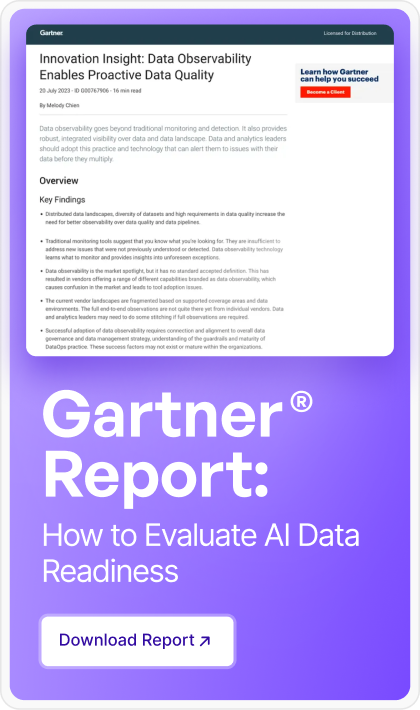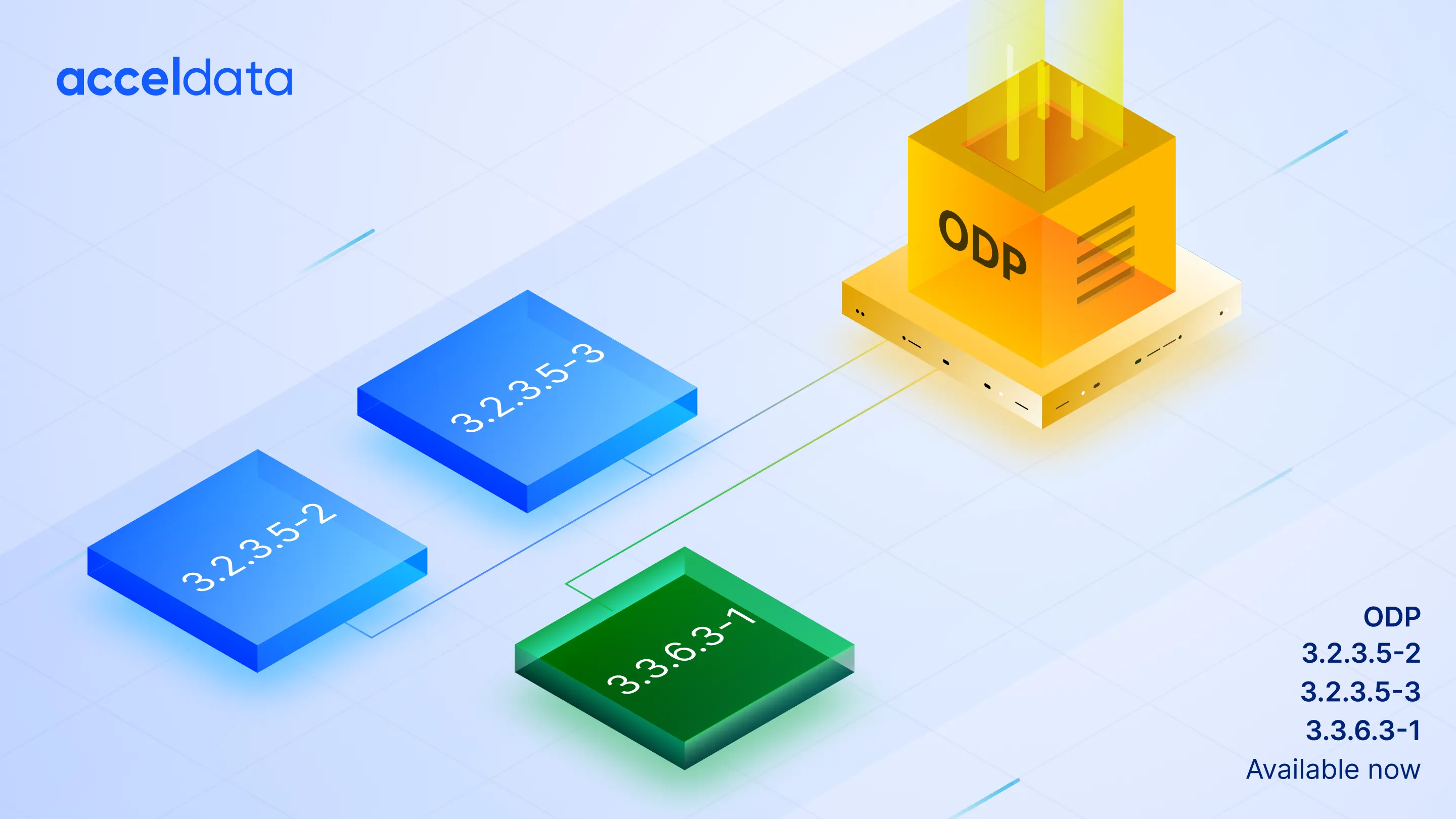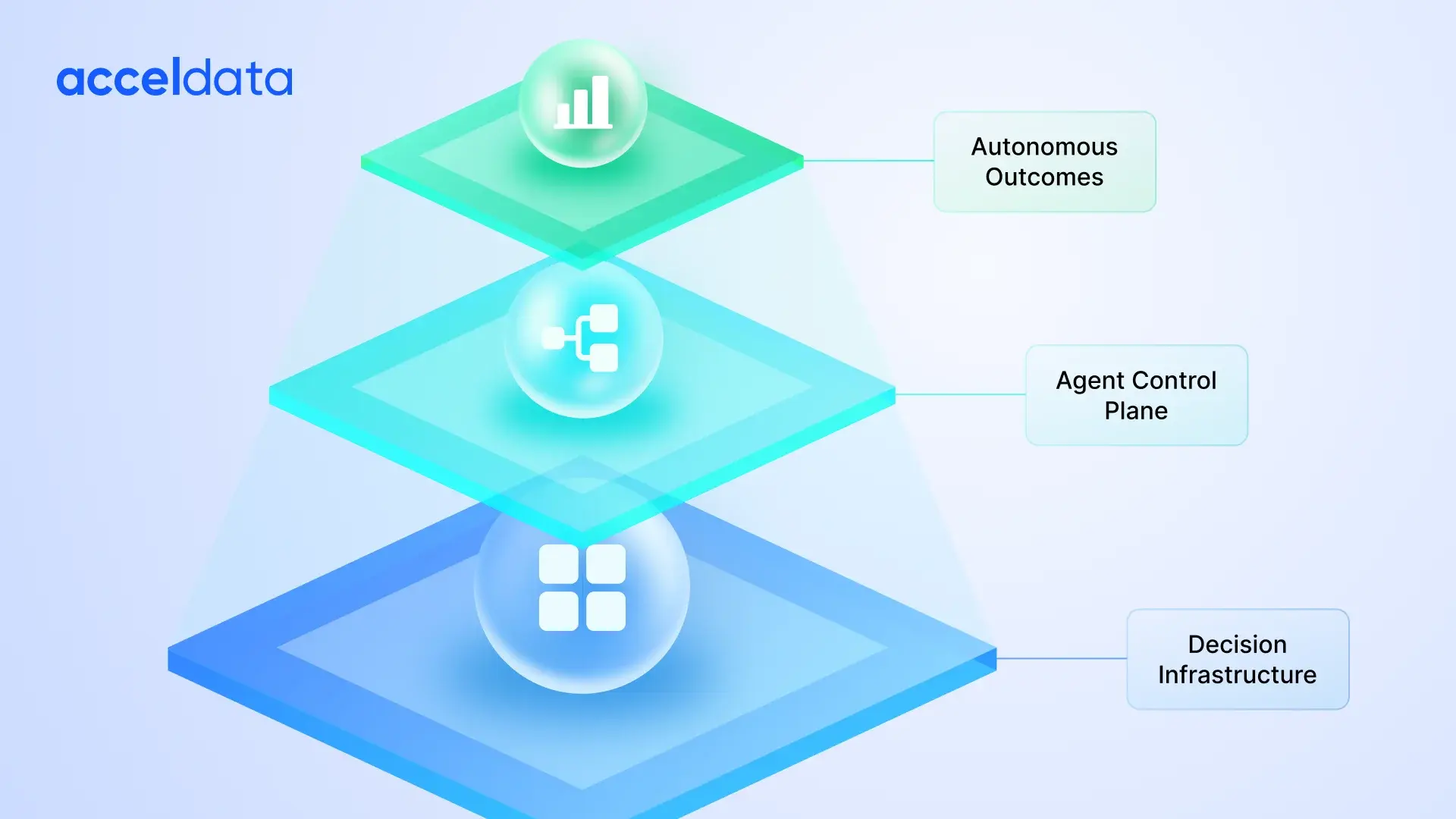AI’s Silent Failure: When Data Can’t Be Trusted
Not long ago, I was in a room with data leaders from three different Fortune 500 companies. Each had invested heavily in AI—hiring data scientists, acquiring new platforms, building advanced models. But they were all wrestling with the same quiet failure: they couldn’t trust the data powering their AI.
In our conversation, one data leader shared a cautionary tale that resonated with everyone in the room. Despite investing in the best AI tools and talent, their initiative had stumbled.
One of them put it bluntly:
“Our model made the right decision—but on the wrong data. We didn’t just get a bad outcome. We couldn’t even explain it.”
That stuck with me. And it’s exactly why we’re building something different at Acceldata.
We’re living in the AI era. But AI is only as good as the integrity of the data beneath it. And most enterprises still don’t have a reliable way to enforce that integrity at scale.
Legacy Data Management Is Failing AI
Reactive rules and siloed workflows can't keep up with AI-driven demands
As a product leader who has worked across data integration, governance, and now observability, I’ve seen how legacy approaches fall short.
Here’s the disconnect:
- Governance rules exist—but are often reactive.
- Data quality checks are manual—and too late.
- Data Trust is a hope—not a guarantee.
This doesn’t work in a world of agentic AI, automated decisions, and regulatory exposure.
What’s needed is an intelligent, proactive foundation that embeds trust, traceability, and integrity into every data flow—autonomously.
Agentic Data Management: AI-Ready Data from the Inside Out
Autonomous Action. Collaborative Intelligence
Agentic Data Management (ADM) deploys a decentralized network of intelligent agents that operate with context, goals, and memory. These agents are not just reactive—they are goal-seeking systems capable of multi-step planning and execution. Like autonomous team members, they evolve with each interaction, learning from feedback and adapting to improve data operations over time. They:
- Continuously validate and profile data in motion
- Autonomously detect and resolve data anomalies before they propagate
- Trace and explain end to end lineage with full context
- Enforce data policies dynamically across systems
Think of ADM as a self-regulating nervous system for your data pipelines with human oversight. Imagine an Insurance company seeing a 30% drop in exception tickets, using agents to reconcile mismatched policy records automatically—with just one approval click.
This is what makes ADM different: it embeds integrity into the flow of data, not as a checkpoint, but as a default state. Trust isn’t assumed—it’s enforced, observed, and explained by design.
In each case, ADM did more than improve data quality. It established data trust as a service—always on, always explainable.
Beyond Automation: Building a Self-Improving Data Fabric
Memory, learning, and ethical oversight in ADM design
Here’s the big shift: In traditional data systems, humans try to inspect and validate data for machines. In ADM, agents autonomously validate data for each other—while working collectively toward business goals.
This model embraces distributed intelligence. Each agent contributes to a broader data ecosystem, with awareness of lineage, policy, and past resolutions. They not only prevent issues — they plan ahead, remember past resolutions, and refine their strategies with each cycle. This memory-driven learning makes the system increasingly effective in managing data quality and governance with less manual intervention.
Because artificial intelligence (AI) doesn’t wait. It doesn’t warn. It doesn’t pause to ask if the data is right. It acts—confidently, instantly, and sometimes, incorrectly. And regulators, stakeholders, and customers expect AI systems to get it right—and explain why.
ADM makes that level of trust and accountability possible—by design. And while these agents act with increasing autonomy, human oversight remains a vital safeguard to ensure alignment with ethical and regulatory standards.
Designing for Trust: A CPO’s Playbook for AI-Ready Data
The most important lesson in my product journey is this:
“If you don’t design for data trust at the foundation, you’re building risk into every decision.”
Agentic Data Management doesn’t just automate data management—it redefines the ethos behind it. One Fortune 5000 insurance company told us their biggest breakthrough wasn’t automation—it was finally being able to prove to auditors, with click-through lineage, how every data point used in their AI route optimization engine was clean, compliant, and certifiable. redefines the ethos behind it.
It’s how we turn data from a liability into a launchpad—for AI, for growth, and for responsible innovation.
Ready to Build Data Trust into Your AI Foundation?
- Book a Demo — Experience how to build reliable data at scale.
- Join the Private Beta — Be among the first to operationalize trust with ADM.
Winners and Losers in Agentic AI — Read from our CEO.








.png)








.webp)
.webp)


